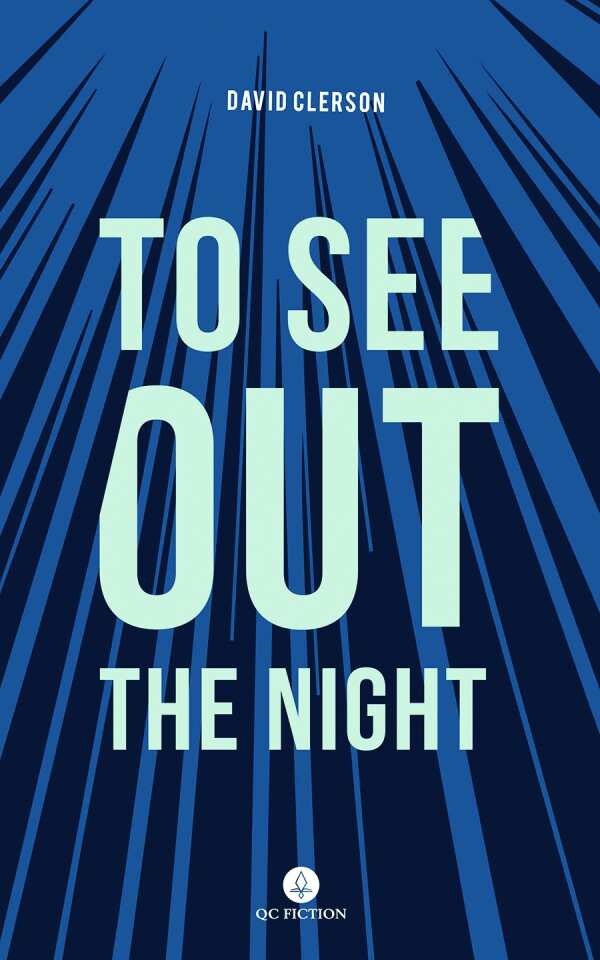To See Out the Night
Characters find unconventional ways to cope (or to avoid coping) in David Clerson’s short story collection To See Out the Night.
In the collection: an unemployed nightwatchman convinces himself he is turning into an ape. A lonely spelunker becomes entranced by a mystery woman whom he meets in an abandoned, underground labyrinth. A man on a cruise with his depressed wife surrenders to despair. Each story catches its main character at the exact moment when they go over the edge, never to recover.
Some of the stories, including “The Ape Within,” begin with normal circumstances before surrendering to chaos along with their characters. Others, like “The Dog Without a Head,” use their unusual premises to show the strange, unexpected bonds that form in the midst of tragedy. All of the stories explore the power of liminal spaces, such as the boundaries between sickness and health, humanity and inhumanity, and reality and fantasy. These spaces are made literal by the stories’ settings: forests filled with mushrooms that live on decay, and labyrinths that go nowhere and serve no purpose. Several characters are writers whose works are incomprehensible to everyone but themselves, and these writings and fantasies are related in dark, visceral detail, showing just how far the characters have strayed from the realm of the ordinary.
At the heart of the collection’s unstable characters and disturbing scenarios are ordinary, relatable impulses: the desire to fit in, to get away from unfulfilling situations, or to be heard and acknowledged by others. But characters learn that achieving such goals is no guarantee of happiness, and where they end up matters less than the desperation that drove them there.
To See Out the Night is a collection of eerie short stories about what happens when humans hit their breaking points.
Reviewed by
Eileen Gonzalez
Disclosure: This article is not an endorsement, but a review. The publisher of this book provided free copies of the book to have their book reviewed by a professional reviewer. No fee was paid by the publisher for this review. Foreword Reviews only recommends books that we love. Foreword Magazine, Inc. is disclosing this in accordance with the Federal Trade Commission’s 16 CFR, Part 255.

